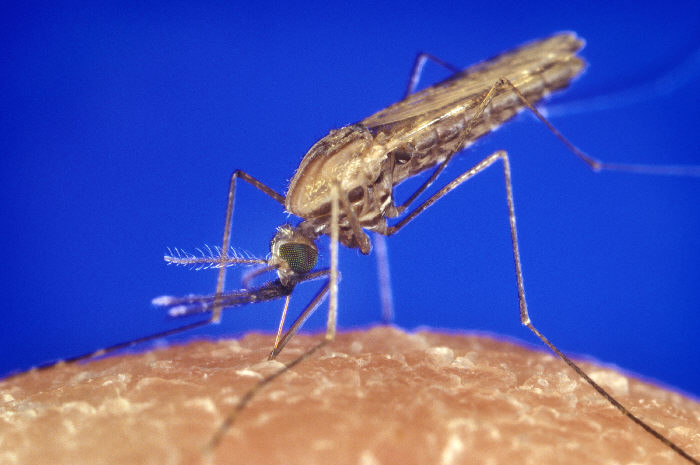World War Zika
On Monday, Feb. 1, the World Health Organization first named Zika a “public health emergency” throughout the Americas.
Zika is connected with microcephaly, a birth defect where newborns are born with abnormally small heads, showing a lack of development in the brain. Zika is spread in two ways: mosquitoes and sexual contact. Symptoms of the virus are usually mild, such as rashes, red eyes and fevers.
As of Feb. 3, there have been 35 cases of Zika reported in the U.S. caused by traveling to an infected country. So far, however, only one case of a sexually transmitted virus has been recorded.
Of the 35 cases, only one has resulted in a “Zika birth.” In Oahu, Hawaii, the Hawaiian Department of Health has recorded the baby and says that neither the baby nor the mother were ever contagious in the state of Hawaii. It is thought that the virus was obtained while living in Brazil six months before birth.
The virus is causing an uprising in the number of microcephaly cases as Zika violently spreads throughout South America. Because more research needs to be done, U.S. officials have told women who are, and are hoping to get, pregnant to take caution against the virus by avoiding countries where there is a chance of obtaining the disease.
Because the disease is more prevalent in South America, officials in El Salvador and Brazil have taken very serious measures by telling woman to avoid getting pregnant for up to two years.
The Zika virus has been known about for decades in East Africa and is just now becoming an issue worldwide. Because it was so limited, only two cases in the last 70 years have occurred. Upon spreading to Brazil, the first country in South America to experience a recorded case, the virus spread much faster.
According to the Brazil Ministry of Health, Brazil saw 20 times more cases of microcephaly than other years. Since October, Brazil has seen more than 3,500 cases.
Some researchers think the sudden and rapid spread is because of climate change happening worldwide. Zika, is one among many other mosquito-spread diseases that are transmitting rapidly through the South American countries.
For example, the climate is changing in a way that could allow mosquitoes to be more common in North America. In turn, the Zika virus will be more susceptible to transmission.
Though the disease could be spreading closer and closer to where it could cause danger, there is not enough known about Zika to ensure it will affect people in the future. In the meantime, it is important to avoid traveling to disease ridden countries.
Though it not a deathly illness to the developed body, it could be very easily spread to a pregnant woman and the birth defects it causes are irreversible.



